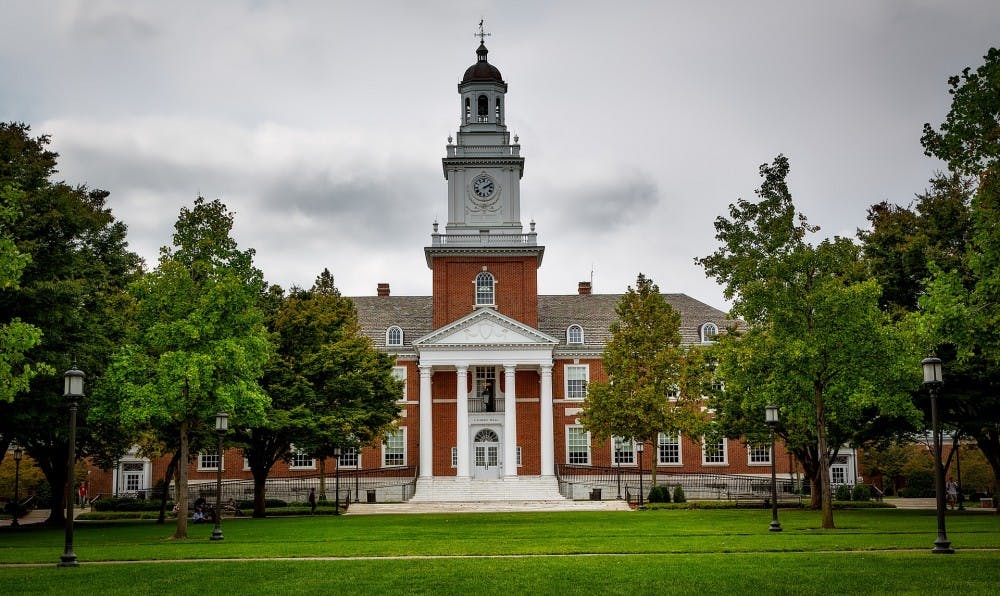The largest donation to an American university in modern times roughly equals the GDP of Belize.
Billionaire and former New York mayor Michael R. Bloomberg announced he would donate $1.8 billion to his alma mater Johns Hopkins University on Nov. 18 with the goal of bolstering financial aid for low- and middle-income students.
Hopkins has now received a total of $3.3 billion from Bloomberg alone. In 2013, Bloomberg gave $350 million to Hopkins, which at that time, was the largest donation in the school’s history.
The largest single donation in Penn’s history totaled $225 million, given to Penn Medicine in 2011 by 1940 Wharton graduate Raymond Perelman. Penn is currently in the midst of its most ambitious fundraising campaign in history. The “Power of Penn Campaign: Advancing Knowledge for Good” hopes to raise $4.1 billion by 2021.
In an op-ed in the New York Times, Bloomberg called college “a great leveller,” but he said that college advising should be improved to help more students of diverse backgrounds apply to college. Bloomberg also pushed for colleges to improve financial aid.
Although in recent years Hopkins has not considered financial need in its admission decisions, the school had not made need-blind admissions an official policy. Bloomberg wrote that his donation “will make admissions at Hopkins forever need-blind; finances will never again factor into decisions.”
Penn has a policy of need-blind admission for citizens and permanent residents of the U.S., Canada, and Mexico but considers a family’s ability to pay for Penn in its admissions decisions for all other students.
In December 2017, Penn became one of dozens of selective colleges and universities to join the Bloomberg-backed American Talent Initiative, which aims to recruit students from disadvantaged backgrounds and expand educational access nationwide.
Bloomberg, a potential 2020 Democratic presidential candidate, called for federal and state governments to reduce student debt in his op-ed and cautioned that private donations would not make up for a lack of government funding.
“There may be no better investment that we can make in the future of the American dream — and the promise of equal opportunity for all,” he wrote.









